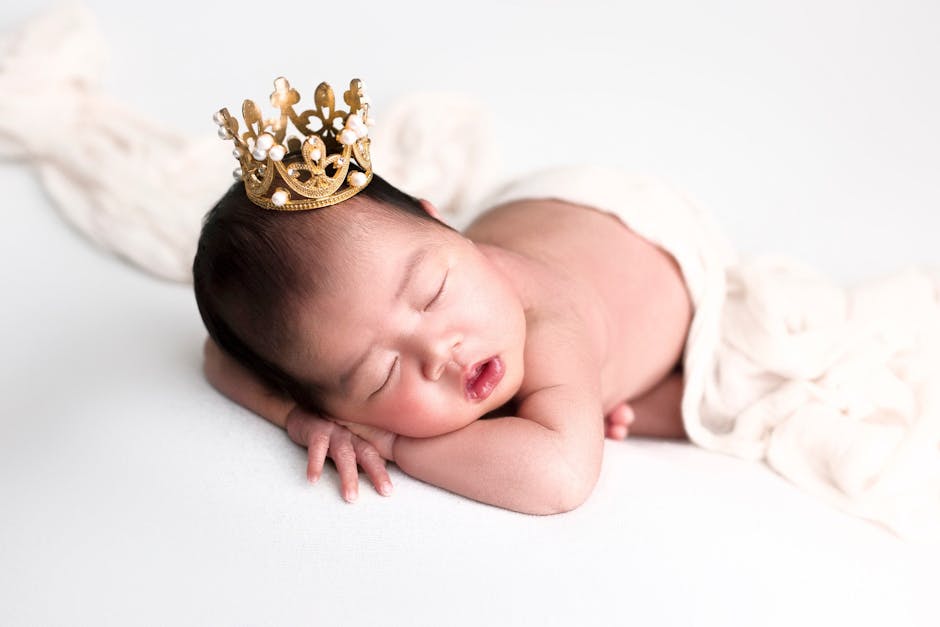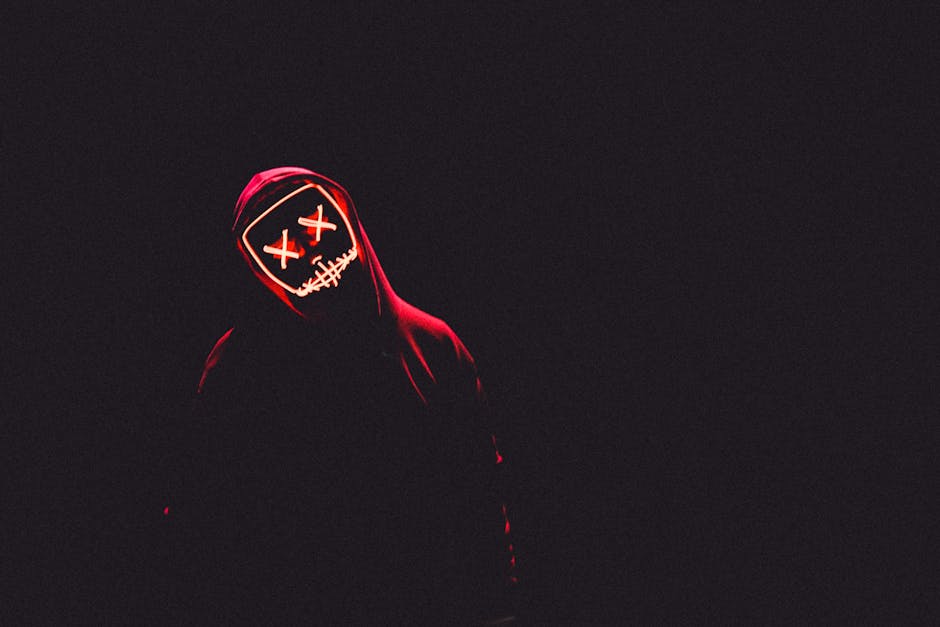A Crisis Reignited
Just when Buckingham Palace thought the ghost of Prince Andrew had been quietly shuffled off the world stage, a fresh tsunami of revelations has crashed upon its shores. The recent unsealing of court documents related to the disgraced financier Jeffrey Epstein has dragged the Duke of York back into a spotlight so harsh, so unflattering, that it threatens to burn the very institution he represents. As veteran British journalist Simon Jenkins starkly puts it, this is a “new low for the Royal Family brand,” and in its current form, it simply “can’t survive.”
For years, the monarchy has weathered storms – divorces, scandals, and public gaffes – by relying on an age-old strategy of stoic silence and the reassuring passage of time. But the allegations against Prince Andrew are not a fleeting media frenzy; they are a deep, corrosive stain. The newly released files, detailing sordid claims from witnesses, paint a picture so at odds with the monarchy’s carefully curated image of duty and decorum that the dissonance is deafening.
More Than a Scandal: A Global Brand in Crisis
The problem, as Jenkins’s argument implies, is one of branding. The Royal Family is not merely a family; it is ‘The Firm’—a multi-billion-pound global brand built on centuries of tradition, mystique, and the implicit promise of moral leadership. Its unique selling proposition is continuity and stability in a chaotic world. But what happens when a key “board member” is irrevocably associated with sexual abuse and exploitation? The brand becomes toxic.
The disastrous 2019 Newsnight interview was a self-inflicted wound, a masterclass in arrogance and a complete lack of self-awareness. However, these court documents are different. They are not the Prince’s ill-advised words but sworn testimony, placing him at the heart of Epstein’s depraved world. The damage is no longer reputational; it is existential. It erodes the fundamental contract between the monarch and the public: the idea that for all their privilege, they are bound by a higher code of conduct.
King Charles’s Impossible Dilemma
For many here in India and across the Commonwealth, this crisis resonates differently. The British monarchy is already a complex symbol, inextricably linked to a colonial past. Its moral authority has long been questioned. This scandal doesn’t just tarnish a modern family; it seems to confirm the worst stereotypes of a decaying, out-of-touch aristocracy, convinced of its own impunity.
This presents an impossible dilemma for King Charles III. He has spent his first year on the throne attempting to project an image of a “slimmed-down,” modern, and more accountable monarchy. He wants to be seen as a forward-looking sovereign. Yet, he is anchored to the past by a brother whose actions represent the most grotesque aspects of unchecked privilege. Every headline mentioning Prince Andrew is a direct blow to King Charles’s project. It makes a mockery of the family’s charitable work and public service.
“In This Form, It Can’t Survive”: The Final Verdict
This is the core of Jenkins’s warning: “In this form, it can’t survive.” The “form” he speaks of is a monarchy that cannot, or will not, decisively excise a cancerous growth. Stripping Prince Andrew of his titles and pushing him out of public view was a necessary first step, but it was not a cure. As long as he remains a Prince, a Duke, and a member of the family who appears shielded from true accountability, the poison will continue to spread.
The survival of the House of Windsor in the 21st century depends on public goodwill, not divine right. That goodwill is evaporating. To save the Crown, King Charles may be forced to make a choice he has so far resisted: a complete and total severance from his brother, demonstrating that no one, not even the son of a Queen, is above consequence. The fairytale is over. A brutal reality has set in, and without radical surgery, the Royal Family brand faces total collapse.




